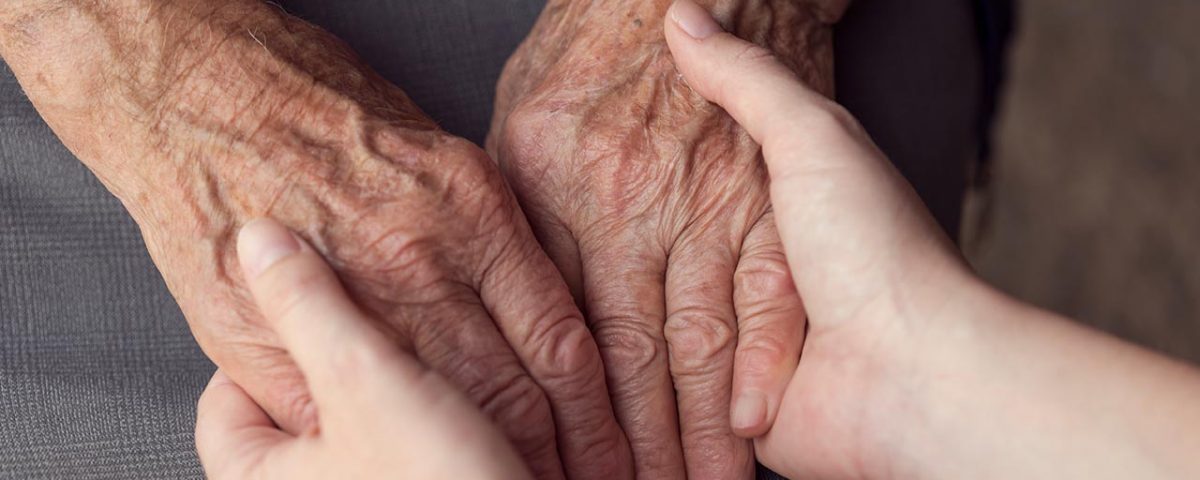When most people think of senior citizens, their mind may drift off to knitting, bingo, rocking chairs, or their own innocent grandparents.
While these are common descriptions associated with older adults, more and more of the Baby Boomer population is hitting retirement age and this generation may not be like grandparents before. While Baby Boomers have gotten a reputation as a more active generation than those in the past, a growing concern that people neglect to think about is substance abuse among the elderly. In fact, substance abuse disorder rates of people over 50 are expected to increase from 2.8 million in 2006 to 5.7 million in 2020 with the aging Baby Boomer population.1
The Connection Between the Elderly & Substance Abuse
At our rehab in Stuart, we know that addiction does not discriminate, and people of all ages can struggle with substance abuse. While they may not be experimenting with drugs or out drinking at the club on a Friday night, addiction in seniors is still fairly common.Life can get hard as you get older, and the elderly population is forced to cope with some big life changes including:
- Retirement
- Loss of independence
- Death of a spouse
- Death of friends
- Financial issues
- Moving to an assisted-living facility
- Aging appearance
- Chronic pain or illness
- Decline in mental and physical health
- Problems sleeping
This transition from being an active, healthy, and productive member of society to struggling to walk without stumbling can take a toll on a person’s mental health, and when times get tough, some elderly adults find comfort in the bottom of an alcohol bottle. Alcohol is the most abused substance in people over the age of 50.2 It is estimated that 16% of men and 10.9% of women over the age of 50 meet the criteria for older-adult at-risk drinking.1 Excessive drinking can have serious long-term effects, but an alcohol detox and treatment may be able to spare you or a loved one from these issues.
If it isn’t the depression of reaching old age, it may be the body’s physical aches and pains that lead to addiction. Much of the elderly population has to take several prescription and over-the-counter medications a day, and many elderly adults are abusing these medications. Illicit drug use for people age 50 to 64 have increased from 2.7% in 2002 to 6.0% in 2013.3 While only 1% of adults age 65 and older and about 4% of adults age 50 to 64 have reported misusing painkillers in the past year, this number is largely thought to be underreported, especially considering that over 40% of older adults take painkillers for chronic pain.4 While some medication may be necessary for the person’s health, taking medication not as prescribed can lead to serious problems. Addiction treatment like our intensive inpatient program in the Treasure Coast may be able to help draw this line.
Treating Drug Addiction in Senior Citizens
Substance abuse in the elderly is a serious problem. This population is often already fighting serious health problems that come with old age and abusing drugs or alcohol does not help their health. The excuse is sometimes that at this age, they should be able to do what they want, but spending the last years of life battling addiction is not the way to go.Our Banyan family of treatment centers offers substance abuse treatment for older adults called the Mature Track that has programming designed specifically for this population.
Addiction in the elderly is a serious problem, but you can get help. If you or an older adult you care about is abusing drugs or alcohol, reach out to us immediately.
Call 888-280-4763 to get more information about Banyan Detox Stuart and to get started.
Sources:
- NCBI - Substance Abuse Among Older Adults
- Psychiatric Times - Substance Abuse in Aging and Elderly Adults
- SAMHSA - Results from the 2013 National Survey on Drug Use and Health: Summary of National Findings
- AARP - Prescription Drug Abuse among Older Adults









